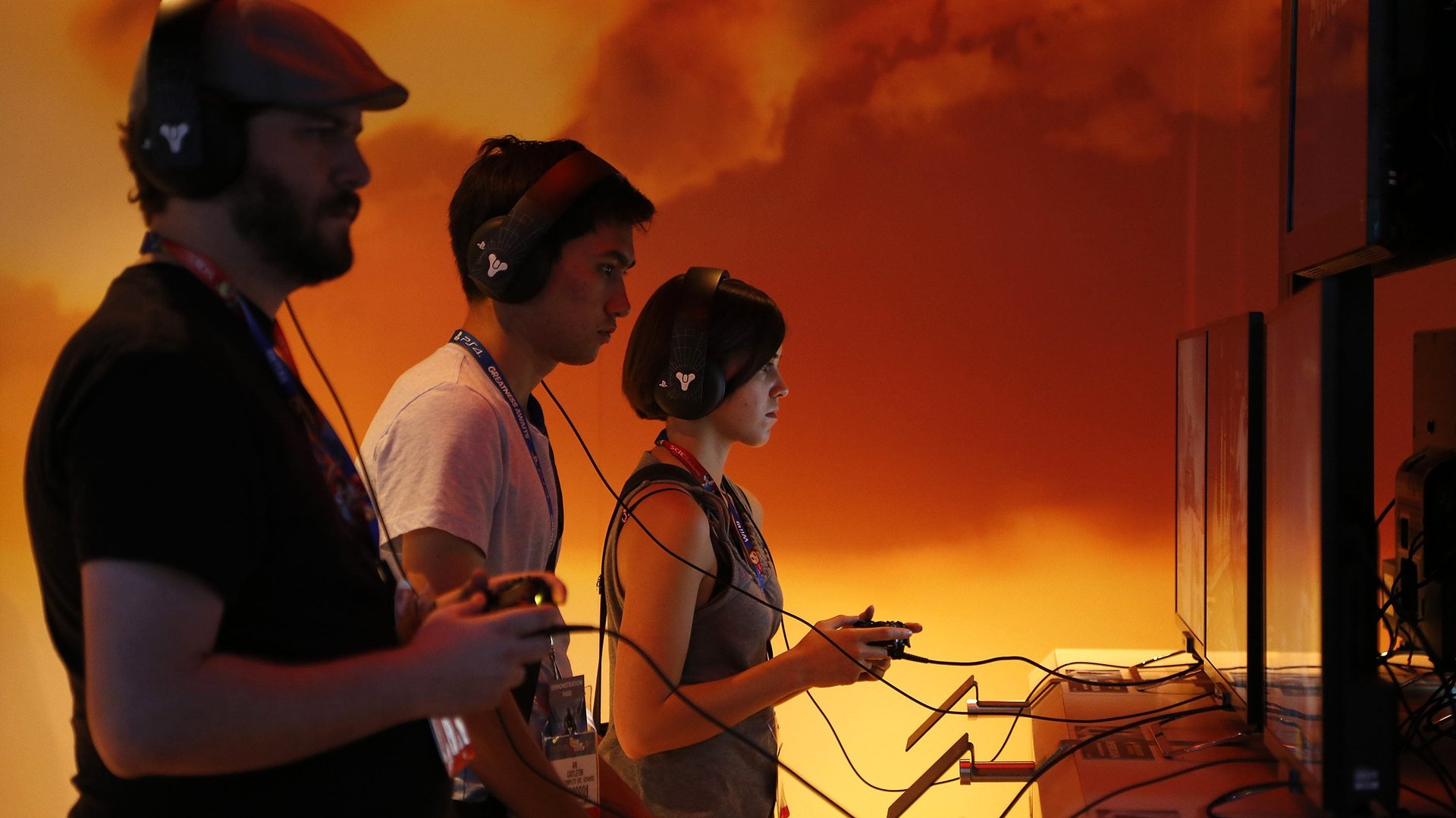How long can the Microsoft and Sony gaming truce last?
Sony’s announcement that it plans to buy video game studio Bungie for $3.6 billion, just days after Microsoft announced its own $68.7 billion purchase of Activision Blizzard, will consolidate gaming in ways that will impact the industry for years to come.


Sony’s announcement that it plans to buy video game studio Bungie for $3.6 billion, just days after Microsoft announced its own $68.7 billion purchase of Activision Blizzard, will consolidate gaming in ways that will impact the industry for years to come.
Now, chief among the concerns of many gamers is whether they’ll continue to have access to some of their favorite games, or if Microsoft’s Xbox and Sony’s PlayStation will suddenly make currently cross-platform games exclusive to one console.
As it stands now, players using Microsoft’s Xbox console can play Bungie games like Destiny 2, while Sony’s Playstation gamers can play Activision titles like Call of Duty: Modern Warfare. Gamers fear losing access to some of their favorite titles in the future if they happen to own the wrong device.
So far, the companies are assuring their customers they have nothing to worry about—for now.
“Bungie’s commitment to cross-platform play and social features remains unchanged,” Bungie said in a statement following the acquisition announcement Jan. 31.
“Had good calls this week with leaders at Sony,” Microsoft Gaming CEO Phil Spencer said on Twitter, also attempting to concerns following Sony’s announcement. “I confirmed our intent to honor all existing agreements upon acquisition of Activision Blizzard and our desire to keep Call of Duty on PlayStation. Sony is an important part of our industry, and we value our relationship.”
The peaceful overtures from both sides, now in control of two of the most popular games on the planet—Call of Duty has 113 million players while Destiny boasts 187 million players—is welcome news to gamers. However, recent changes in the gaming space indicate that this platform compatibility truce probably won’t last.
Epic Games versus Apple may be just the start of a coming gaming cold war
For a glimpse at the future of all gaming platforms, consider the lawsuit filed by Epic Games, the maker of Fortnite, against Apple. Epic Games objected to Apple charging the company a 30% transaction fee when users purchased its in-game currency (V-bucks) via the Apple App Store. To get around this, Epic Games offered an alternative payment method, which prompted Apple to delist Fortnite from its store, which led to the lawsuit filed by Epic Games.
Currently, the game is still not available on the Apple App Store as the two companies continue to battle in court.
As traditional gaming tokens like Fortnite’s V-bucks eventually evolve into cryptocurrency in the emerging metaverse, the notion that Xbox, PlayStation, and others might want to keep users locked into a proprietary environment worth billions isn’t far fetched.
Although some imagine a free-flowing metaverse that mirrors the relative openness of the internet, the reality will more likely mirror current centralized blockchain projects, with separate metaverses controlled by their creators and that require the use of platform-specific gaming tokens to buy and trade virtual items. Non-fungible tokens (NFTs) and virtual clothing are already hinting at the potential of blockchain-based microtransactions for gaming.
The global microtransactions market was projected to generate roughly $35 billion in 2021 across gaming platforms like Electronic Arts, Valve Corporation, Tencent Holdings, Activision Blizzard, and others. With that much money at stake, gaming platforms will be incentivized to deploy their own payment and trading tokens in their metaverses.
Divvying up the metaverse may lead to moats separating competing gaming platforms
The question of exclusivity versus cross-platform compatibility won’t just be limited to currency in the metaverse. Things such as customized avatars and virtual clothing will also become part of the dynamic, challenging the companies running major gaming environments to work harder to either ensure openness or go the easier, more profitable route of walled gardens.
And while Activision Blizzard and Bungie are primarily focused on traditional screen-based gaming, they are now both owned by companies with significant investments in virtual reality via Microsoft’s Windows Mixed Reality platform and Sony’s PlayStation VR. As the metaverse story continues to develop, the fragile détente between Microsoft and Sony’s gaming platforms will be difficult to maintain as the $180 billion gaming market continues to grow each year.